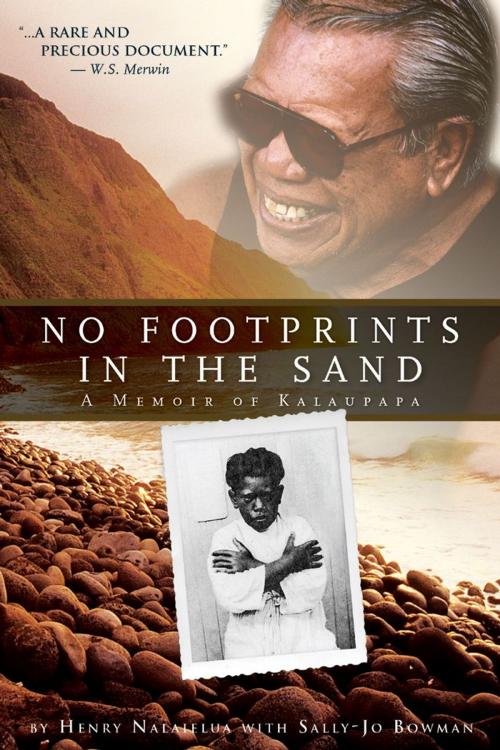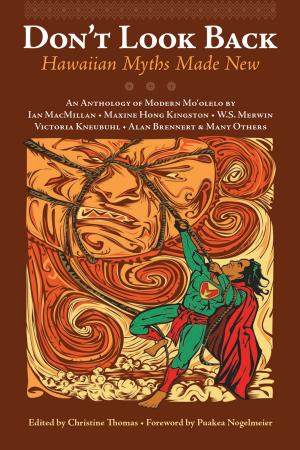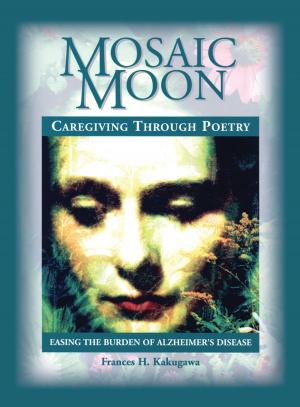| Author: | Henry Nalaielua Sally-Jo Bowman | ISBN: | 9780984421244 |
| Publisher: | Watermark Publishing | Publication: | October 15, 2006 |
| Imprint: | Language: | English |
| Author: | Henry Nalaielua Sally-Jo Bowman |
| ISBN: | 9780984421244 |
| Publisher: | Watermark Publishing |
| Publication: | October 15, 2006 |
| Imprint: | |
| Language: | English |
When Henry Nalaielua was diagnosed with Hansen's disease in 1936 and taken from his home and family he began a journey of exile that led him to Kalaupapa the remote settlement with the tragic history on the Hawaiian island of Moloka'i. During its century as a virtual prison more than 8 000 people were exiled to Kalaupapa until the introduction of sulfone drugs in the 1940s. Today fewer than 20 patients remain. This is Henry's story an unforgettable memoir of the boy who grew to build a full and joyous life at Kalaupapa and still calls it home today. No Footprints in the Sandis one of only a few memoirs ever shared with the public by a Kalaupapa patient. Its intimacy and candor make it in the words of Pulitzer Prize-winning poet W.S. Merwin "a rare and precious human document." Nalaielua's story is an inspiring one; despite exile physical challenges and the severing of family ties he has faced life as an artist musician and historian with courage honesty hope and humor.
When Henry Nalaielua was diagnosed with Hansen's disease in 1936 and taken from his home and family he began a journey of exile that led him to Kalaupapa the remote settlement with the tragic history on the Hawaiian island of Moloka'i. During its century as a virtual prison more than 8 000 people were exiled to Kalaupapa until the introduction of sulfone drugs in the 1940s. Today fewer than 20 patients remain. This is Henry's story an unforgettable memoir of the boy who grew to build a full and joyous life at Kalaupapa and still calls it home today. No Footprints in the Sandis one of only a few memoirs ever shared with the public by a Kalaupapa patient. Its intimacy and candor make it in the words of Pulitzer Prize-winning poet W.S. Merwin "a rare and precious human document." Nalaielua's story is an inspiring one; despite exile physical challenges and the severing of family ties he has faced life as an artist musician and historian with courage honesty hope and humor.















